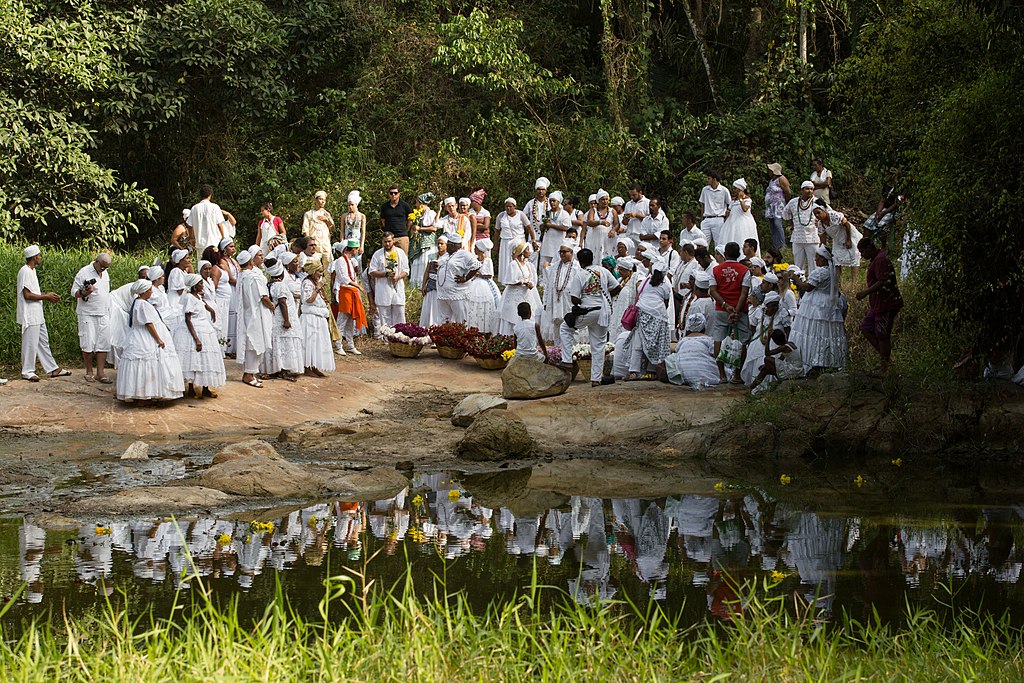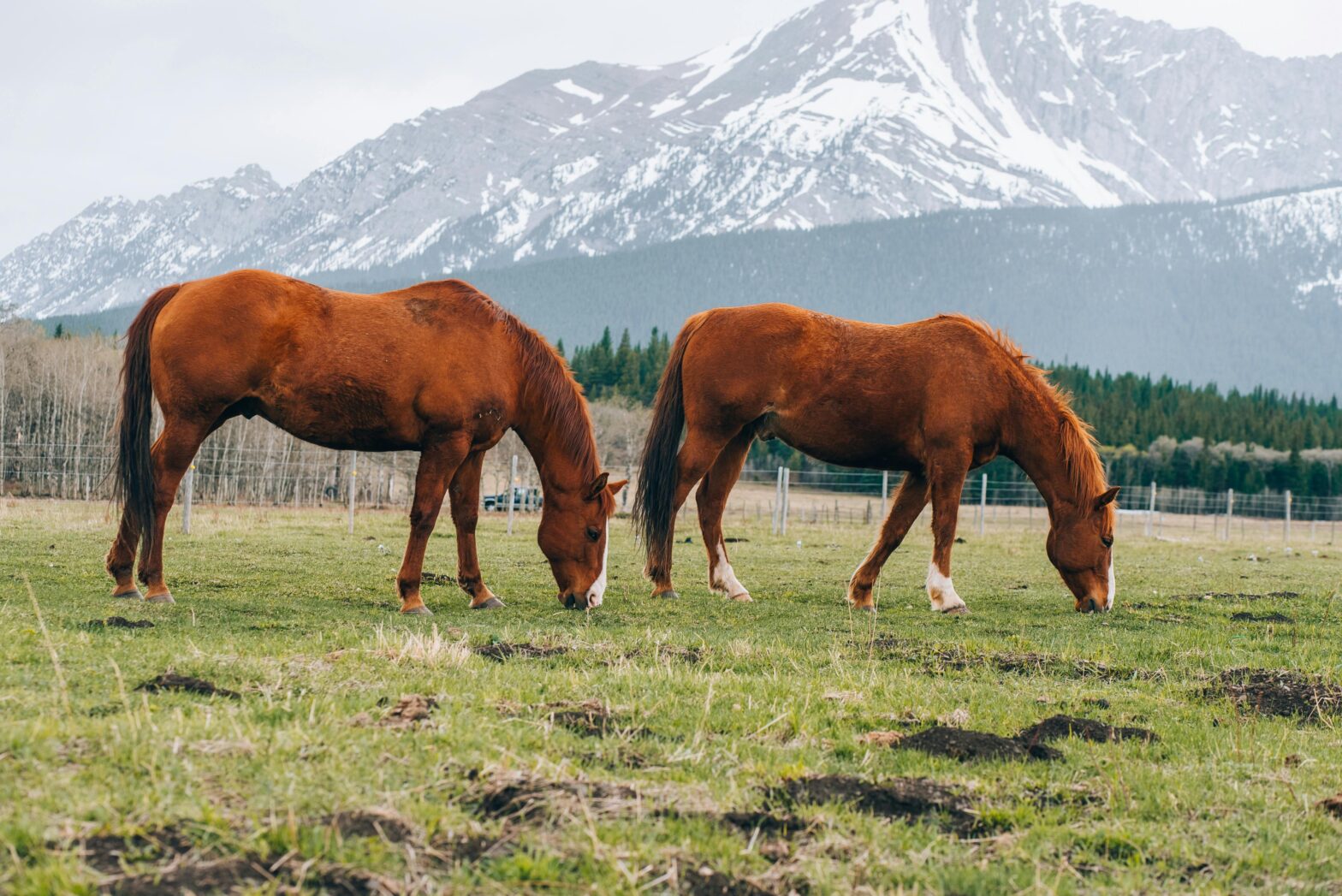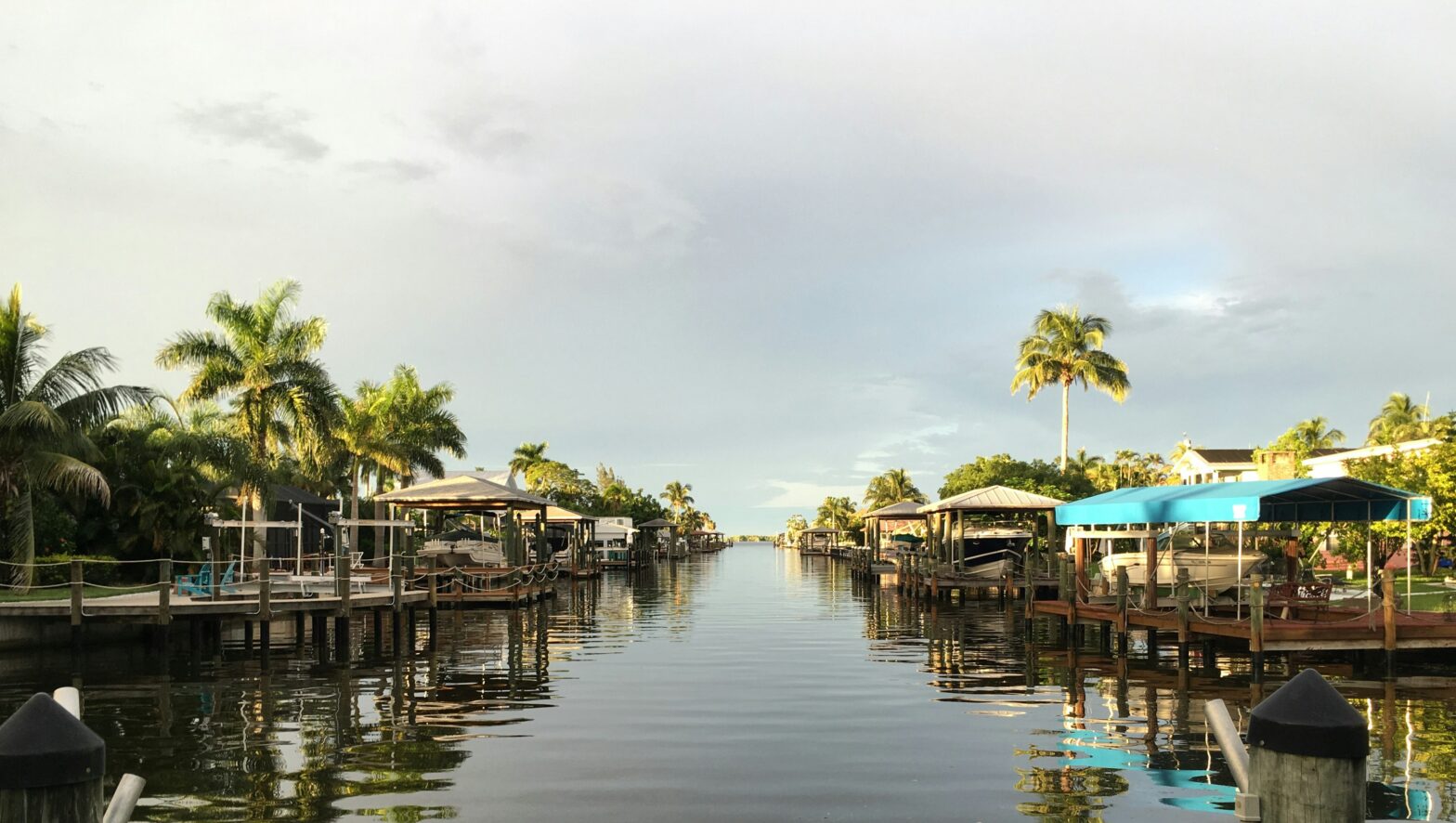Known for being touted as a so-called superfood, Açaí berry is predominantly cultivated in Brazil’s Amazon rainforest. With dark skin, ranging from purple to black, this tiny round berry is born in 20-meter trees and, mostly, in humid and wet soil. The fruit is cultivated by Indigenous people of the Amazon for nearly one thousand years, but some Black Brazilian communities, known as Quilombolas in the region, have also embraced the açai culture. The Quilombola Community of São José dos Portugueses is one of them.
Quilombolas are traditional Black communities in rural Brazil inhabited by escaped enslaved people of African descent. Today, they struggle to be recognized and have their identity and territories respected.
This week, this historical Black Brazilian community, situated in the northeast state of Maranhão, has received authorization from Brazil’s Agriculture Ministry to sell Açaí pulp in the formal market in Brazil and abroad, according to Agencia Brazil news.
At least 30 Afro-Brazilian families who are directly involved in the project will be benefited. According to Brazil’s government, other 170 Black families can take advantage of that as long as the sales increase.
Located in one of the poorest regions in Brazil, the quilombola can give this Black community environmental, social and economic benefits. Açai Pulp production can initially reach 115 tons per year.
Açai – popular and very nutritious

Few foods encapsulate the flavor of Brazil quite like the Açai. If you decide to travel to the Amazon area in Brazil, you will be able to see locals eating Açai regularly. Sometimes it is mixed with yuca flour and has shrimp, dried fish, and tapioca pearls as toppings, which gives a salty and delicious flavor. But if you prefer a sweetie taste, Açaí can be mixed with honey, banana, guaraná and granola. This version is widely seen in Rio de Janeiro and São Paulo, two of Brazil’s main cities.

Açai contains antioxidants, fiber and other nearly every important vitamin and nutrient, making their life-supporting properties extremely nutritious. Add some dairy, which provides the two missing vitamins, and you have a superfruit and healthy human diet staple.
Currently, Açai is very popular among athletes and people who want to have a healthier lifestyle. You can also find açai in Black-owned spots. As Travel Noire reported last year, Anissa’s Spot, a Black-owned smoothie shop in Durham, North Carolina, offers Açai Bowl on its menu: “Our go-to item is the Eagle’s Açai Bowl,” the owner Anissa Graham-Davis told Travel Noire.





